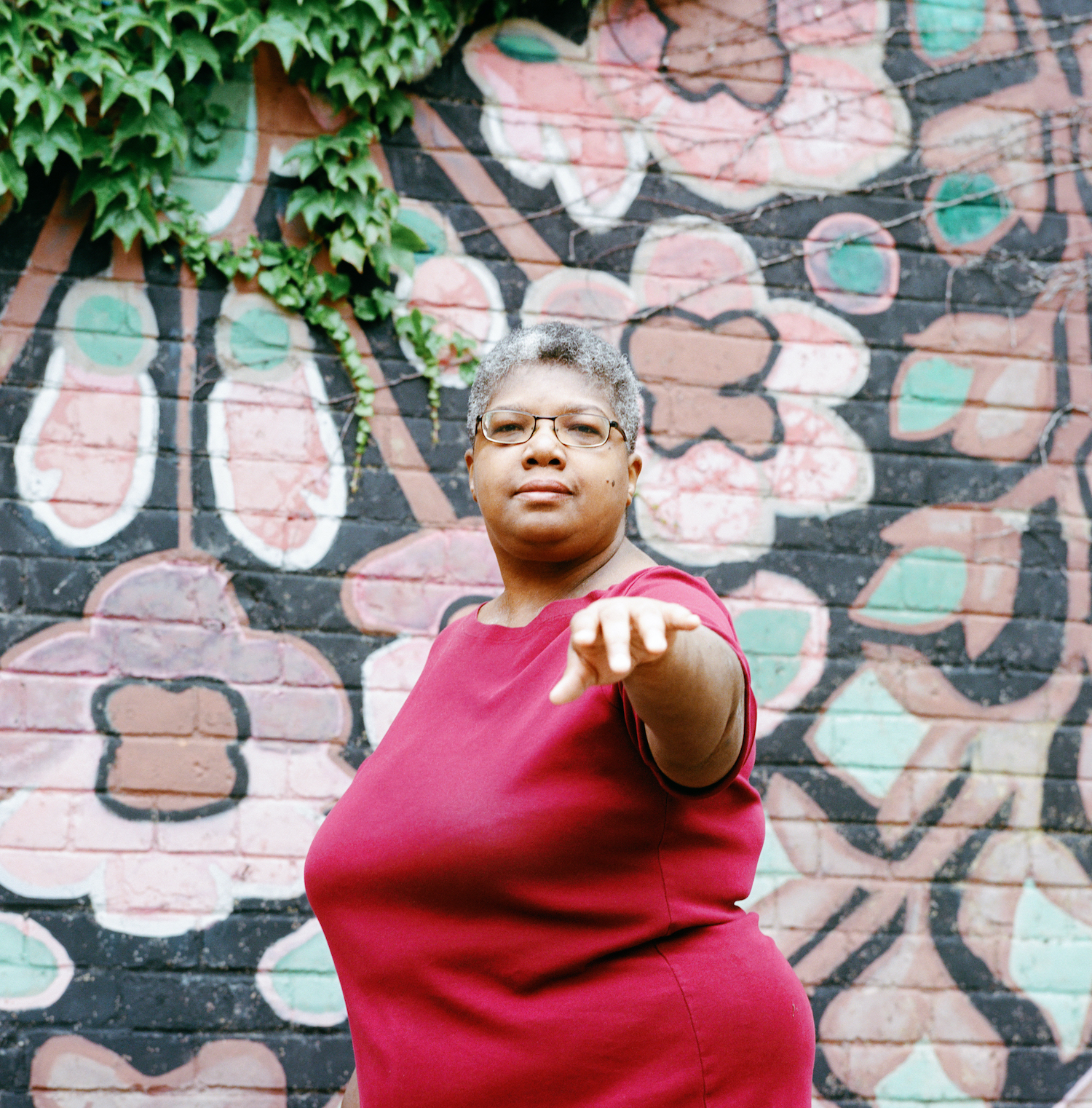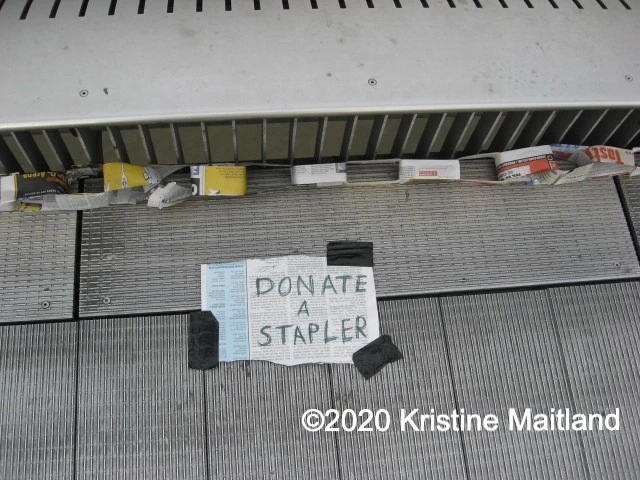As part of the podcast series, “ArtsAbly in Conversation,” Diane Kolin interviewed Kristine Maitland, a storyteller, singer, dancer, photographer, and public speaker, living in Toronto, Canada.

This post presents the resources that Kristine Maitland mentioned during the conversation.
Kristine Maitland
Kristine Maitland is a longtime storyteller, public speaker and researcher. She acts as an consultant in a one on one capacity and with non-profit organizations looking at creative projects and image. Given her training from George Brown College as a Career Development Practitioner and experience in media, her current focus is networking and research for projects, using storytelling as an avenue. In essence, she will give you the skills to tell your own stories effectively.
Visit Kristine Maitland’s website
Poculi Ludique Societas (PLS)
PLS (Poculi Ludique Societas) sponsors productions of early plays, from the beginnings of medieval drama to as late as the middle of the seventeenth century. The group had its origins in 1964-65 in a seminar on medieval drama conducted at the University of Toronto. For more than forty years, PLS has been associated with the university’s Centre For Medieval Studies, offering a regular schedule of plays every year. Now, as part of the Centre for Performance Studies in Early Theatre, PLS operates in affiliation with the Centre for Drama, Theatre and Performance Studies. PLS has toured in Canada, the United States and Europe. PLS also collaborates with the theatre history research project Records of Early English Drama (REED) at the University of Toronto.
Visit Poculi Ludique Societas’ website
Society for Creative Anachronism (SCA)
The SCA is an immersive history group where you, dressed in clothing of the period, can experience tournaments, royal courts, feasts, and dancing, and learn how to recreate crafts and skills of the pre-17th century world. Unlike a Renaissance Fair, SCA activities aren’t just something you come to watch, they’re something you actively do. You’ll learn about the clothing of the period by tailoring and wearing outfits. Learn about combat by putting on armor and competing against opponents. Learn about brewing by making (and sampling) your own meads and ales. And there are many more subjects to learn about, including armoring, archery, cooking, heraldry, metalwork, music, dance, calligraphy, woodworking, and fiber arts. If it was done in the Middle Ages or Renaissance, the odds are you’ll find someone in the SCA interested in recreating it!
SCA Branch: Kingdom of Ealdormere
Kingdom of Ealdormere is a Kingdom of the SCA (Society for Creative Anachronism), a Middle Ages historical recreation group. They hold all kinds of tournaments, feasts, dances classes and more. The Kingdom of Ealdormere is the sixteenth Kingdom of the Society for Creative Anachronism (SCA). The Kingdom of Ealdormere claims almost all of the Province of Ontario.
Kingdom of Ealdormere’s website
JSTOR
JSTOR provides access to more than 12 million journal articles, books, images, and primary sources in 75 disciplines. They help explore a wide range of scholarly content through a powerful research and teaching platform. They collaborate with the academic community to help libraries connect students and faculty to vital content while lowering costs and increasing shelf space, provide independent researchers with free and low-cost access to scholarship, and help publishers reach new audiences and preserve their content for future generations.
Naomi Klein
Naomi Klein is a Canadian author, social activist, and filmmaker known for her political analyses, in support of ecofeminism, organized labour, criticism of corporate globalization, fascism and capitalism. She is an award-winning journalist and New York Times bestselling author. She is a columnist with The Guardian. In 2018 she was named the inaugural Gloria Steinem Endowed Chair at Rutgers University and is now Honorary Professor of Media and Climate at Rutgers. In September 2021 she joined the University of British Columbia as UBC Professor of Climate Justice (tenured) and co-director of the Centre for Climate Justice.
Guy Gavriel Kay
Guy Gavriel Kay is a Canadian writer of fantasy fiction. The majority of his novels take place in fictional settings that resemble real places during real historical periods, such as Constantinople during the reign of Justinian I or Spain during the time of El Cid. Kay has expressed a preference to avoid genre categorization of these works as historical fantasy. As of 2022, Kay has published 15 novels and a book of poetry. As of 2018, his fiction has been translated into at least 22 languages. Kay is also a qualified lawyer in Canada.
Guy Gavriel Kay’s authorized website
Michele Landsberg
Michele Landsberg is a Canadian journalist, author, public speaker, feminist and social activist. She is known for writing three bestselling books, including Women and Children First, This is New York, Honey!, and Michele Landsberg’s Guide to Children’s Books.
Learn more about Michele Landsberg
Bobby Gimby
Bobby Gimby was a Canadian orchestra leader, trumpeter, and singer-songwriter. In 1967, he wrote and recorded a song for Canada’s Centennial that would have the entire nation humming and thousands of kids marching down main street. “Ca-na-da, a Centennial Song” (“Ca-na-da, la Chanson du Centenaire”) broke every music-industry record, but more importantly, it became an anthem of unity for a Canada deeply divided.
Expo 67
The 1967 International and Universal Exposition, commonly known as Expo 67, was a general exhibition from April 28 to October 29, 1967. It was a category one world’s fair held in Montreal, Quebec, Canada. It is considered to be one of the most successful World’s Fairs of the 20th century with the most attendees to that date and 62 nations participating. It also set the single-day attendance record for a world’s fair, with 569,500 visitors on its third day.
The Painted Lady (Toronto)
Burlesque shows & DJs in a cheeky saloon with a mahogany bar serving craft beer & clever nibbles.
Donate Stapler – Photography by Kristine Maitland

See other photographs by Kristine Maitland
Debbie Allen
Deborah Kaye Allen is an American actress, dancer, choreographer, singer, director, producer, and a former member of the President’s Committee on the Arts and Humanities. She has been nominated 20 times for an Emmy Award, and two Tony Awards.
Debbie Allen Dance Academy’s website
Mayworks Festival of Working People & the Arts
Founded in 1986, Mayworks Festival of Working People and the Arts is a community-based festival which annually presents new works by a diverse and broad range of artists, who are both workers and activists. Our programming presents bold, insightful, responses to pressing issues at the intersection of art, social justice and labour.
List of sign languages
There are perhaps three hundred sign languages in use around the world today. The number is not known with any confidence; new sign languages emerge frequently through creolization and de novo (and occasionally through language planning). In some countries, such as Sri Lanka and Tanzania, each school for the deaf may have a separate language, known only to its students and sometimes denied by the school; on the other hand, countries may share sign languages, although sometimes under different names (Croatian and Serbian, Indian and Pakistani). Deaf sign languages also arise outside educational institutions, especially in village communities with high levels of congenital deafness, but there are significant sign languages developed for the hearing as well, such as the speech-taboo languages used in aboriginal Australia. Scholars are doing field surveys to identify the world’s sign languages.
Learn more about sign languages
Black American Sign Language (BASL)
Black American Sign Language (BASL) or Black Sign Variation (BSV) is a dialect of American Sign Language (ASL) used most commonly by deaf African Americans in the United States. The divergence from ASL was influenced largely by the segregation of schools in the American South. Like other schools at the time, schools for the deaf were segregated based upon race, creating two language communities among deaf signers: black deaf signers at black schools and white deaf signers at white schools. As of the mid 2010s, BASL is still used by signers in the South despite public schools having been legally desegregated since 1954.
Catherine King
Catherine King is a BSL sign language interpreter who works with Adam Hills. Read the Guardian article “What does Scooby-Doo’s voice look like?” about what it is like to translate stand-up comedy live on stage.
Watch the video “Adam Hills Messes Around With The Sign Language Translator” on Facebook.
Nina Simone
Nina Simone was an American singer, songwriter, pianist, composer, arranger, and civil rights activist. Her music spanned styles including classical, folk, gospel, blues, jazz, R&B, and pop. Her piano playing was strongly influenced by baroque and classical music, especially Johann Sebastian Bach, and accompanied expressive, jazz-like singing in her contralto voice.
Odetta
Odetta Holmes, known as Odetta, was an American singer, often referred to as “The Voice of the Civil Rights Movement”. Her musical repertoire consisted largely of American folk music, blues, jazz, and spirituals. An important figure in the American folk music revival of the 1950s and 1960s, she influenced many of the key figures of the folk-revival of that time, including Bob Dylan, Joan Baez, Mavis Staples, and Janis Joplin. In 2011 Time magazine included her recording of “Take This Hammer” on its list of the 100 Greatest Popular Songs, stating that “Rosa Parks was her No. 1 fan, and Martin Luther King Jr. called her the queen of American folk music.”

